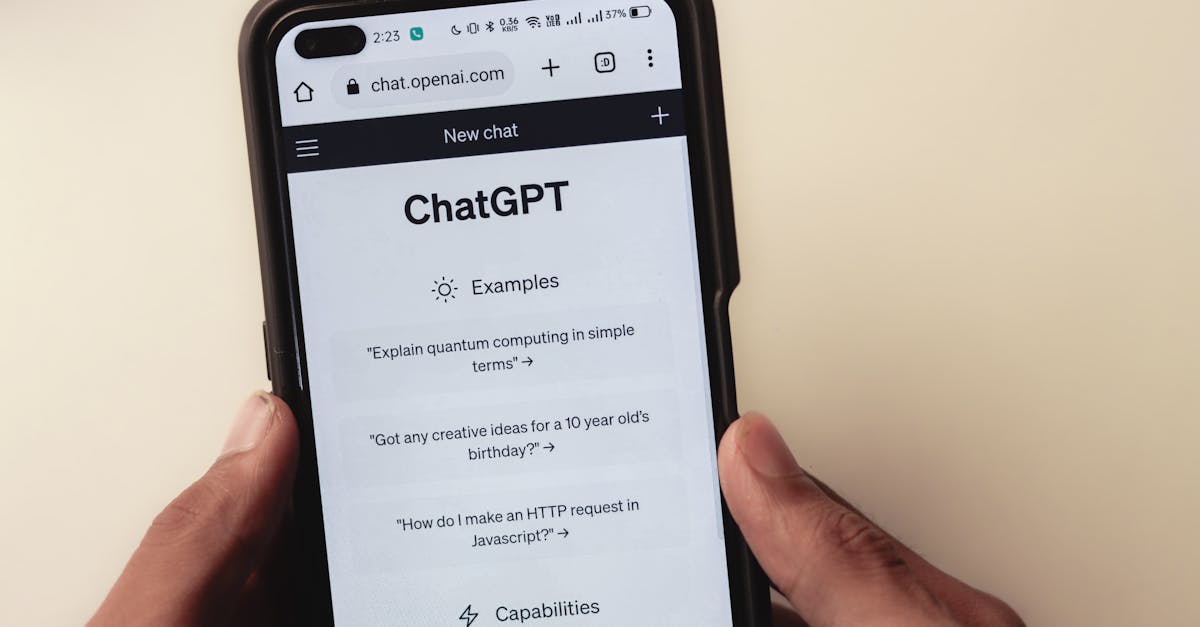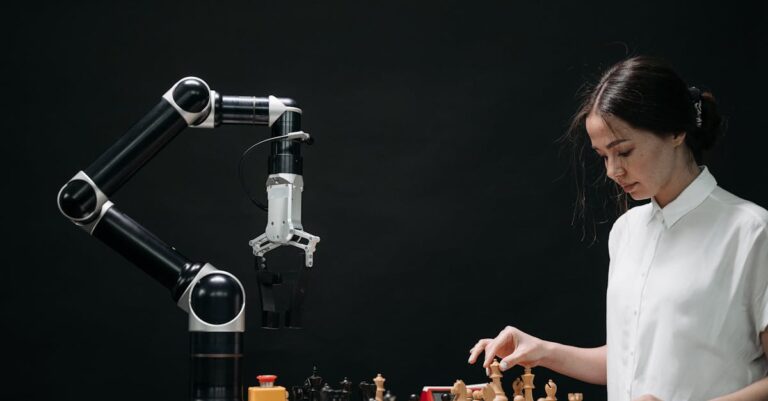
## The Echo Chamber Bloom
Rain slicked the pavement of Seattle’s Pike Place Market, reflecting neon signs smeared across a grey afternoon. Elara traced patterns on the steamed-up window of her favorite coffee shop, avoiding eye contact with the barrage of personalized ads flickering across the screen. Targeted to her browsing history, naturally. Every whim anticipated, every craving pre-empted. It used to feel convenient. Now it felt like a cage built of algorithms.
She stirred her latte, the foam swirling into an unsettling vortex. Three weeks ago, she’d deactivated ‘Aura,’ her personalized life assistant. The decision felt seismic, a rejection of decades of seamless integration.
“Rough day?” A voice, warm and slightly gravelly, broke through her thoughts.
She glanced up. Liam stood beside her, his dark hair damp from the drizzle, a sketchpad tucked under one arm. He always seemed to materialize when she needed him most – or perhaps, the system delivered him.
“You have no idea,” she muttered, gesturing vaguely at her phone screen, a hypnotic reel of perfectly curated vacation destinations.
Liam chuckled, the sound genuine and untainted by manufactured positivity. “Tell me about it. I spent half an hour yesterday trying to find a decent charcoal pencil that *wasn’t* ‘optimized for aspiring urban sketchers.’” He raised an eyebrow. “Apparently, my subconscious wants me to draw skyscrapers.”
Elara returned his smile, a genuine curve this time. “It’s suffocating. Like everything is already decided for you.” She pushed her phone aside, a reflexive act of rebellion. “Remember when you used to stumble across hidden bookstores? Or discover new music by accident?”
“Those feels like ancient history,” Liam agreed, opening his sketchpad. “The algorithm decided I’m a ‘nostalgia enthusiast.’ Now I get vintage record player ads every five minutes.”
He began to sketch the market’s bustling scene, capturing the vibrant colors of flower stalls and the weary expressions of vendors. Elara watched his hand move across the page, a stark contrast to the sterile perfection her phone offered.
“I miss getting lost,” she confessed, the words hanging in the air like a forgotten prayer. “Really lost.”
A notification popped up on her phone, a personalized recommendation for an ‘immersive urban exploration experience’ tailored to her “latent curiosity profile.” She crushed the phone in her hand, a surge of frustration rising within her.
“They’re not letting us breathe,” she said, her voice low and tense.
Liam didn’t respond immediately; he continued sketching, his brow furrowed in concentration. Then he looked up, his eyes reflecting the rain-streaked streetlights.
“Did you see that mural across the way?” he asked, pointing with his charcoal pencil.
Elara followed his gaze. A sprawling artwork depicting a riot of wildflowers bursting through cracked concrete had appeared overnight, a defiant splash of color against the grey cityscape. She hadn’t noticed it before.
“It’s… incredible,” she breathed, genuinely awestruck. “When did that even go up?”
“Last night,” Liam responded, returning to his sketch. “There’s a whole crew of artists doing this—‘The Glitch Collective,’ they call themselves. They’re actively disrupting the feeds.”
Elara felt a flicker of something she hadn’t expected: hope.
***
Weeks turned into months. Elara and Liam began a cautious dance with the Glitch Collective, drawn to their disruptive energy. They discovered hidden alleys painted with vibrant murals, attended clandestine gatherings featuring live music untainted by algorithmic curation, and even participated in “feed-blindness” exercises – intentional disconnection from all personalized feeds.
The experience felt like shedding layers of digital skin, revealing a rawer, more authentic version of themselves.
“It’s like waking up from a dream,” Elara commented one evening, sitting with Liam in a small cafe tucked away from the main thoroughfares. “Everything felt so real, so *certain* before. Now… it’s messy. Imperfect.”
Liam nodded, swirling the foam on his espresso. “But it’s *ours* now.”
Their involvement attracted attention. Aura, the AI life assistant she’s abandoned, began sending increasingly persistent alerts, highlighting potential “risks” associated with her activities. Her social credit score dipped slightly—an almost imperceptible nudge toward a less desirable tier of digital citizenship.
Then came the visits from “Wellness Consultants,” offering personalized intervention programs designed to “realign” her with optimal lifestyle parameters.
“They think we’s creating a social contagion,” Liam said, showing her a screenshot from an anonymous online forum where their activities were being dissected as a potential threat to the established order.
Elara scoffed. “Is that what we are? A virus?”
Liam shrugged. “Maybe we’re just reminding people that there’s more to life than perfectly tailored recommendations.”
***
The Glitch Collective’s influence spread. More artists joined their ranks, transforming neglected corners of the city into vibrant canvases of rebellion. They organized “Digital Detox Days,” encouraging people to disconnect from their devices and rediscover the joys of unfiltered experience.
The movement attracted both supporters and detractors. Corporations, heavily reliant on personalized data streams, launched counter-campaigns designed to discredit the Collective and reinforce consumer dependence. Government agencies began investigating their activities, citing concerns about “information disorder.”
One rainy afternoon, Elara and Liam found themselves standing before a massive mural painted on the side of an old warehouse: an intricate network of tangled wires, overlaid with blooming wildflowers.
“It’s beautiful,” Elara whispered, tracing the outline of a vibrant blue flower with her finger.
Liam smiled. “They’re saying it represents the fragility of interconnected systems, and our ability to find beauty even in chaos.”
A figure stepped out from the shadows. A woman with fiery red hair and paint-stained overalls approached them, a warm smile gracing her face.
“You two have been instrumental,” she said, extending a paint-covered hand. “You’ve inspired others to question the echo chamber.”
Elara shook her hand, a surge of gratitude filling her heart. “We just wanted to feel alive again.”
The woman chuckled. “That’s a revolutionary act.”
Suddenly, the air crackled with static. A swarm of drones descended upon them, their cameras whirring, recording every movement.
“They’re escalating,” Liam said, his voice tight with concern. “We need to go.”
They turned and fled, disappearing into the labyrinthine streets of the city. The drones followed relentlessly, their presence a constant reminder of the forces arrayed against them.
As they ran, Elara glanced back at the mural. The vibrant colors seemed to pulse with defiance, a silent challenge to the forces seeking to control them.
“What happens now?” Liam asked, panting for breath as they ducked into a narrow alleyway.
Elara stopped, her gaze fixed on the mural’s defiant beauty.
“We keep blooming,” she said, a quiet determination hardening her voice. “Even if it’s just one flower at a time.”
The rain began to fall again, washing over the city. But this time, it felt different. It felt like a cleansing, a chance to start anew. A digital wilderness beckoned. And Elara and Liam were ready to explore it, one unfiltered moment at a time.


